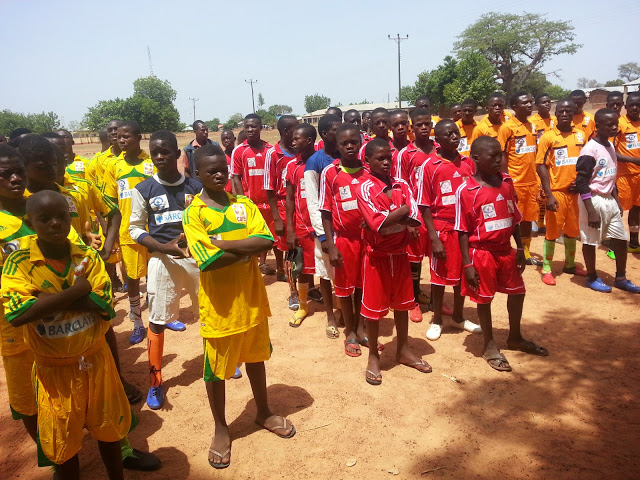The aim of WIDO is to improve the living standard of rural poor on a sustainable and participatory basis.




1
1
Cooperative Development
Strengthening capacities of producer groups
1
Thematic Areas
Livelihood | Health | Education | HIV/AIDS | GSAM
1
Comprehensive Education
...on Sexual and Reproductive Health Rights
THEMATIC AREAS

Health

Education

Livelihood

Education
WOMEN INTEGRATED DEVELOPMENT ORGANIZATION
Brief background
Women Integrated Development Organization (WIDO) is a nongovernmental organization for Social and rural development. This organization was established in 2004 in Nadoli Kaloe District of the Upper West Region of Ghana. WIDO has been working by implementing various activities in the areas of livelihood, human rights and good governance through promotion of gender equality, education, food security, health and sanitation so as to empower and ensure the security of the livelihood of most vulnerable of the society. At present, WIDO is implementing various development programs with successes in the Upper West, Bono East, Bono, Ashanti and Ahafo regions of Ghana. WIDO is registered with the Registrar General of Ghana with No. CG071712018 dated 08,06,2019 and with the Department of social welfare, with No. 5082.
Our Partners





pp5
pp5
pp5
pp5
pp5


